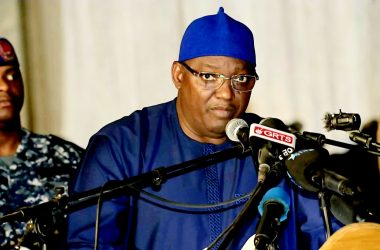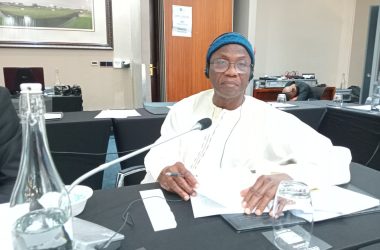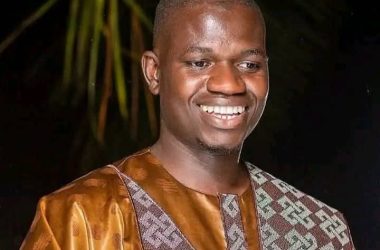By Abdoulie John
Dr Ngozi Okonjo-Iweala, the visiting World Bank Managing Director, has highlighted one of the preponderant aspects of the Bank’s conditionalities in calling on the Gambia government to create more space for the civil society and the media.
According to reports monitored on the state owned-media, GRTS (radio), Dr Iweala made this call while meeting with the Gambian leader at his native village of Kanilai, on Wednesday 10th February 2010. The World Bank Managing Director however acknowledged the fact that the president was highly engaged in these issues and, she said, he [President Jammeh] had indicated big plans that his government is ready to undertake to transform The Gambia into an open society where everybody can participate fully.
Speaking on condition of anonymity, a political observer said if that statement by the president is matched by a genuine political will, there is no doubt that the country is going to move towards a more suitable environment for the media and the civil society. They went further to indicate that the existence of civil society organizations re-echoes the exercise of individual human rights; notably, the freedom of association, freedom of expression and freedom of assembly.
“One of the important roles of civil society organizations is to contribute to holding accountable the other two main components of society: the government and market. With today’s globalised world, characterized by an increased power and influence of transnational corporations, and the eroding capacity of individual nation states’ governments to regulate the market, the challenge to civil society organizations in the exercise of this fundamental role is a daunting task and new and creative ways must be found for success,” they emphasized.
In a more pessimistic view, some argue that unless there is a paradigm shift, the media and the civil society organizations will always be seen as “trouble makers” by government. And this explains the fact that very little has been highlighted about this very pertinent visit by the World Bank Managing Director, given that only the state controlled media had the exclusive chance to cover it.
Trending :
- 1 day ago
- Did Bensouda Commit A Political Suicide?
- 1 day ago
- High-Level Nigerian Delegation In Gambia To Understudy GRA’s Fuel Marking System
- 1 day ago
- German Ambassador Klaus Botzet Accused Of Attempt At Judicial Interference
- 4 days ago
- Barrow Urges Shift To Local Production As GACH Global Investment Signals Industrial Push
- 4 days ago
- Barrow Visits GACH Industrial Hub, Reaffirms Manufacturing Drive




